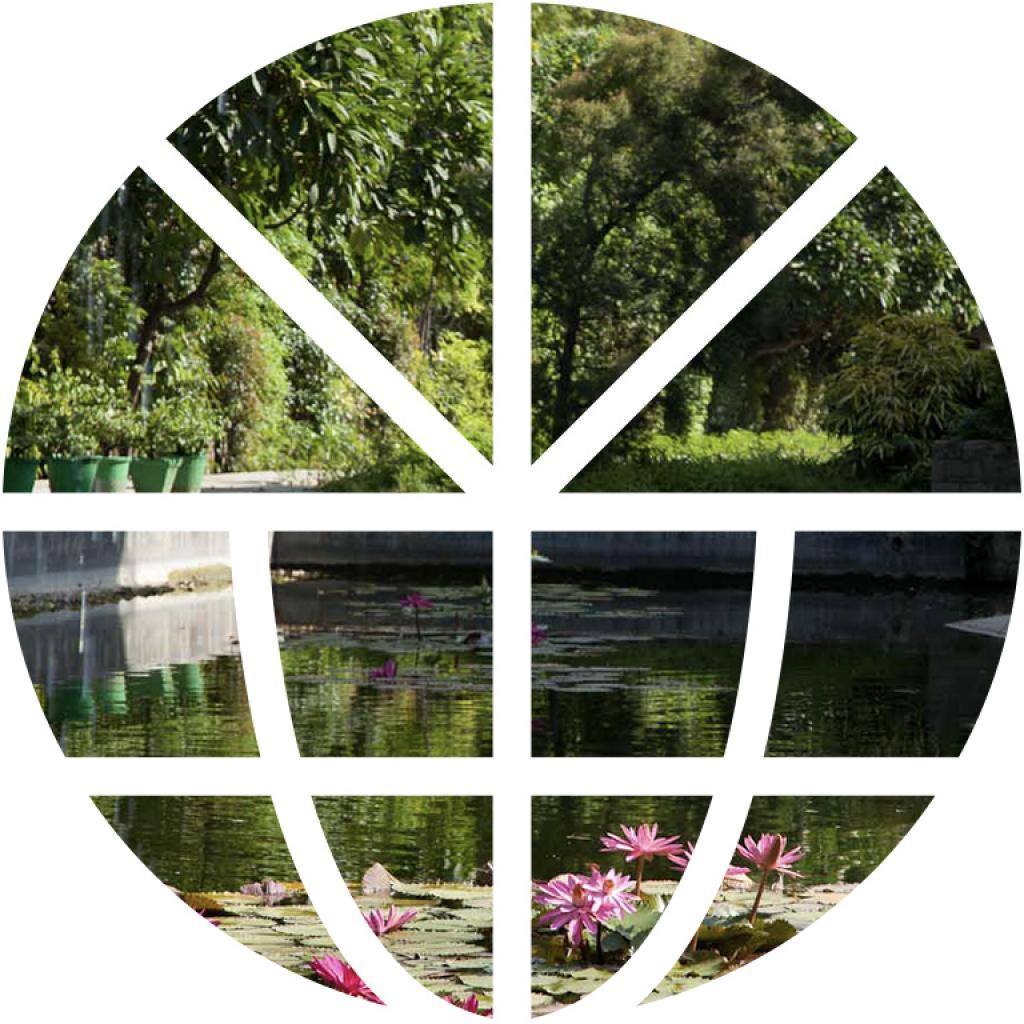Gunijan Sabha – Verse 54
04 October 2019, 05:30 am
Gunijan Sabha – Verse 54
Programme Type
Cultural
Gunijan Sabha – Verse 54
Poetry Reading
By eminent Urdu Shaira, Ameeta Parsuram ‘Meeta’
Ameeta Parsuram will be in conversation with Azhar Iqbal, noted Shayar, Anchor and Founder Member of Harfkaar
Ghazals
By Oshin Bhatia, a classically trained Ghazal singer. He will render ghazals composed by Ameeta Parsuram
(Collaboration: The Ustad Imamuddin Khan Dagar Indian Music Art & Culture Society, Jaipur)

